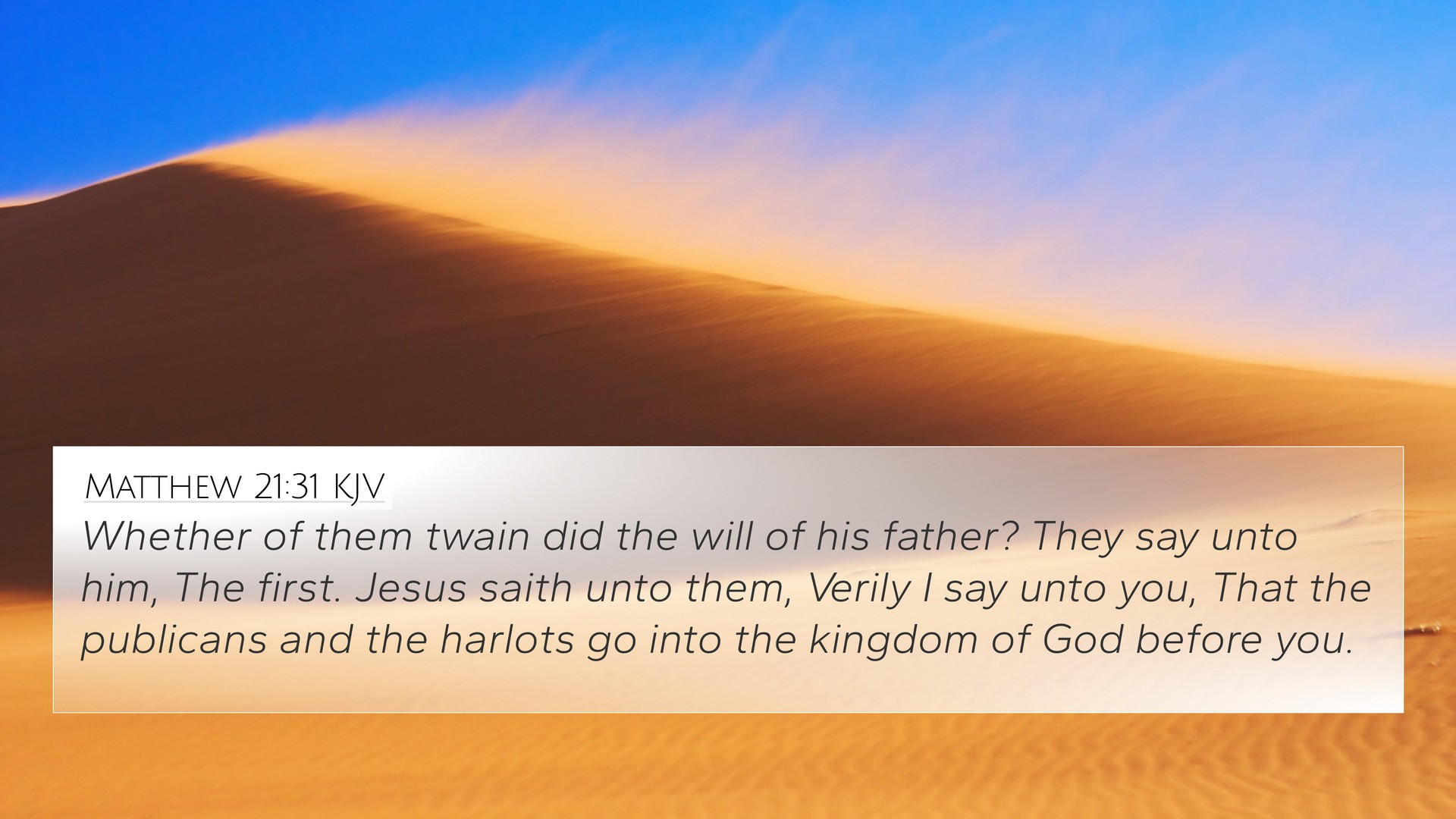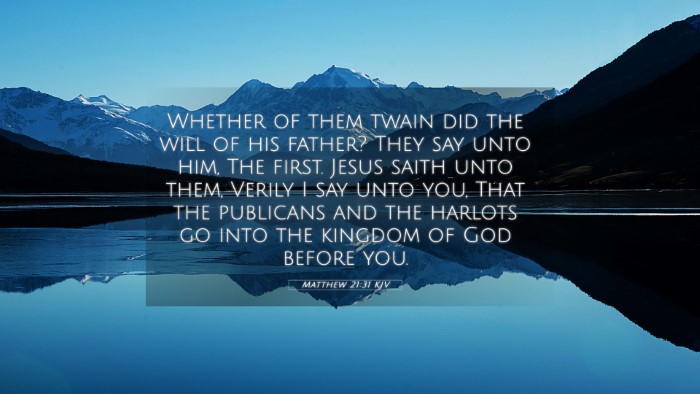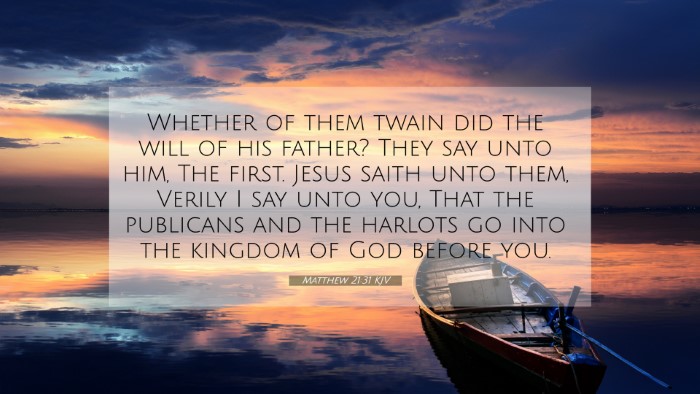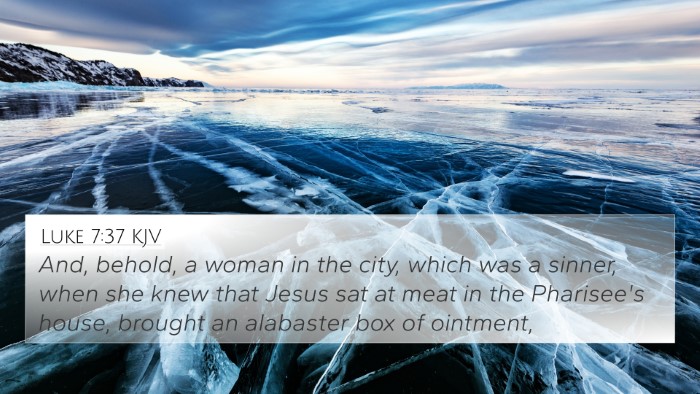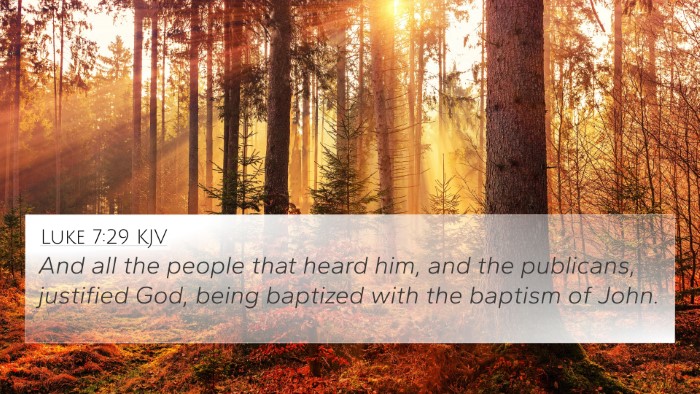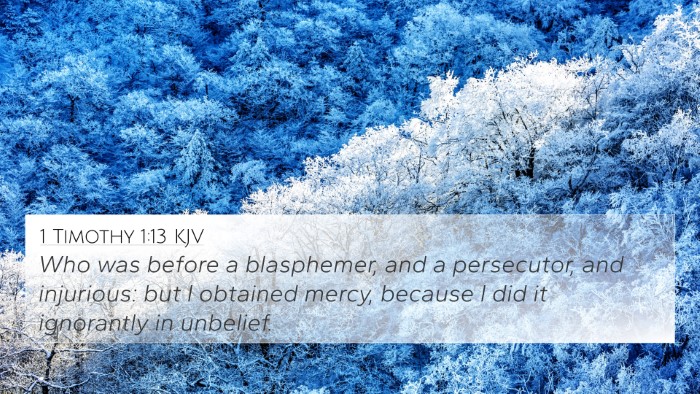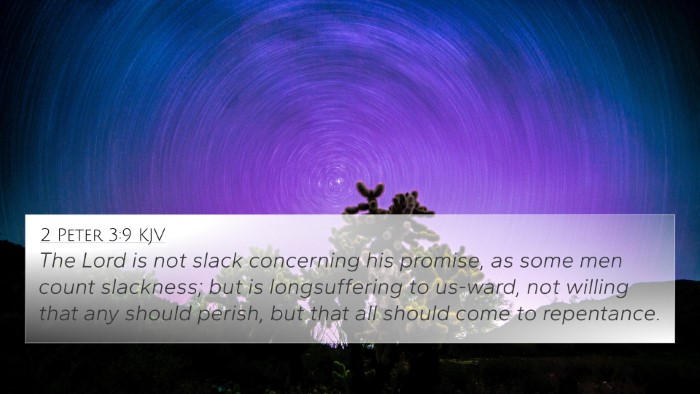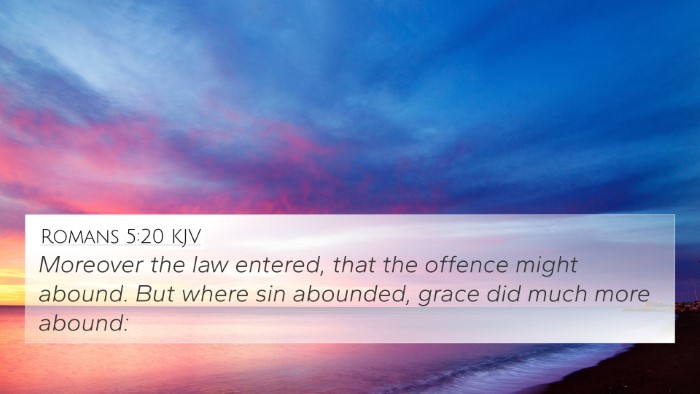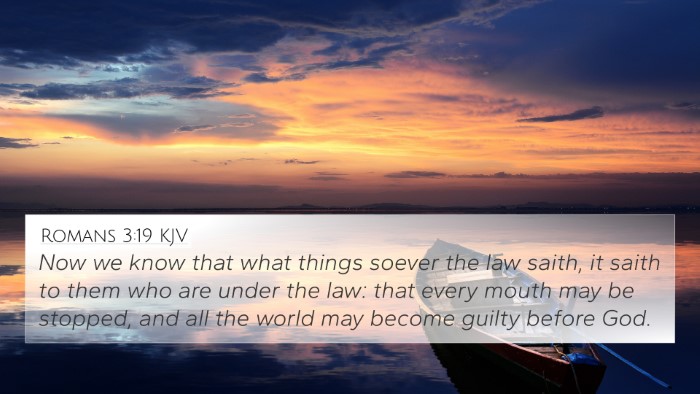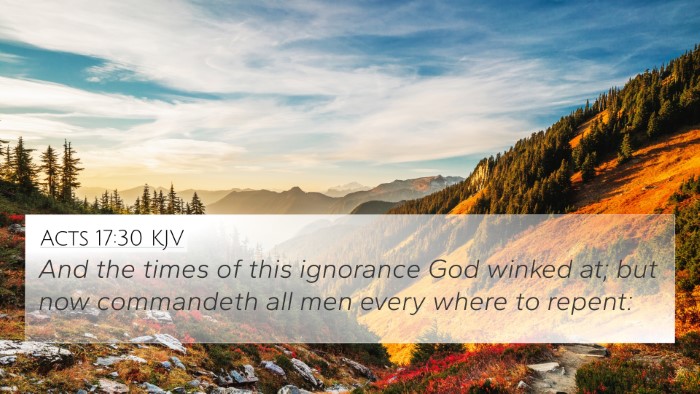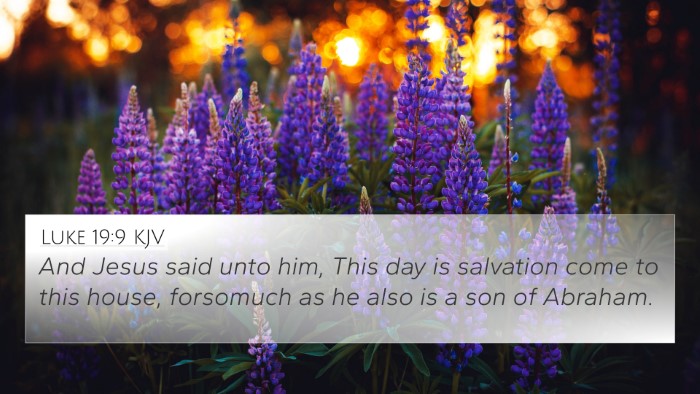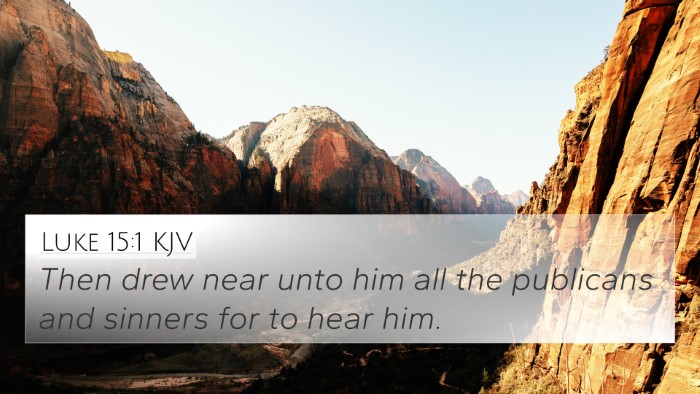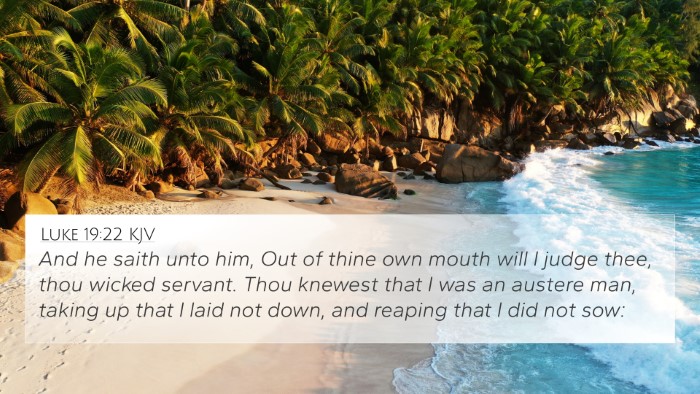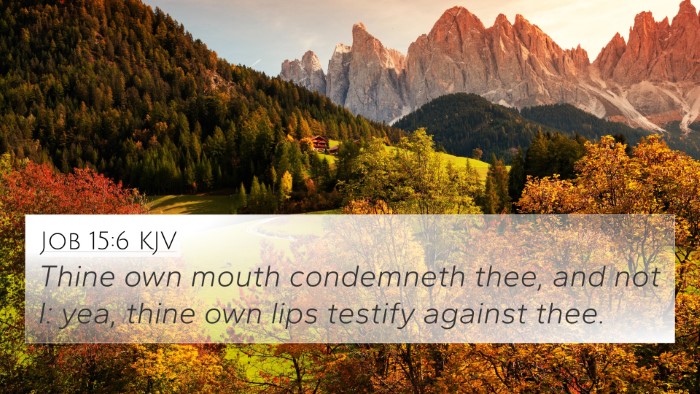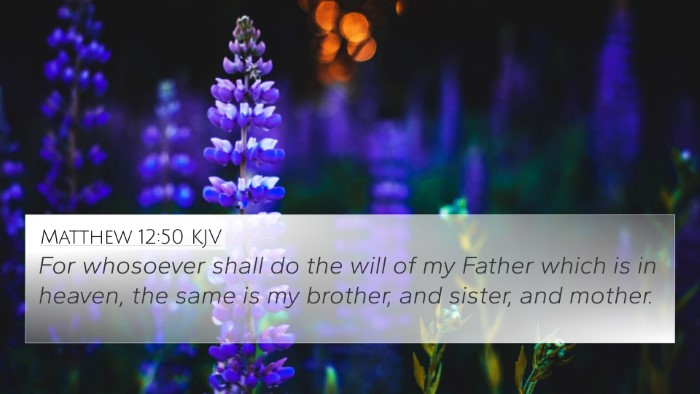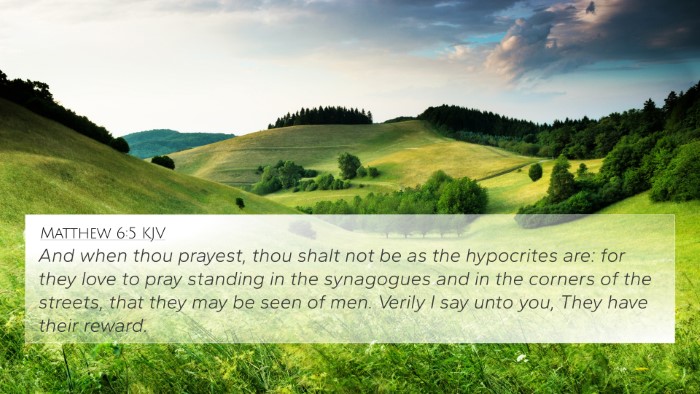Understanding Matthew 21:31
Matthew 21:31 presents a profound statement from Jesus that highlights the divine perspective on righteousness and repentance. The verse states:
“Jesus said to them, ‘Truly I tell you, the tax collectors and the prostitutes are entering the kingdom of God ahead of you.’”
Summary and Insights from Public Domain Commentaries
This verse is rich with meaning, and several public domain commentaries offer valuable insights into its significance. Below are combined understandings from Matthew Henry, Albert Barnes, and Adam Clarke:
Context of the Verse
In order to grasp the full meaning of Matthew 21:31, it is essential to understand the context in which it is placed. This verse follows Jesus’ parable of the two sons, illustrating obedience and rebellion in relation to God’s will and grace.
Main Themes
- Repentance: Jesus emphasizes that those deemed sinners—tax collectors and prostitutes—show genuine repentance and therefore have a place in the kingdom of God.
- Judgment of the Self-Righteous: The chief priests and elders, who believed themselves righteous, are warned that their spiritual pride may hinder their entry into God's kingdom.
- Grace and Acceptance: This verse illustrates the limitless scope of God’s grace, indicating that even those regarded as the lowest have the opportunity for redemption.
Comparative Analysis
Matthew 21:31 serves as a pivotal point for cross-referencing various biblical themes and narratives. Here are some notable cross-references:
- Luke 15:1-2: The parable of the lost sheep emphasizes God's reach toward sinners.
- Luke 7:37-50: A sinful woman anoints Jesus' feet, demonstrating repentance and love.
- 1 Corinthians 1:26-29: God chooses the foolish things of the world to shame the wise.
- Isaiah 55:7: Let the wicked forsake their ways and the unrighteous their thoughts.
- John 3:17: Jesus came not to condemn the world but to save it.
- Romans 5:8: While we were still sinners, Christ died for us.
- Ephesians 2:8-9: By grace you have been saved through faith; it is the gift of God.
Insights from Commentaries
Matthew Henry: He emphasizes that the verse confronts the hypocrisy of religious leaders who fail to recognize their own sinfulness while judging others. Henry notes the societal disdain for tax collectors and prostitutes and points out Jesus’ radical inclusion of them in His message of hope.
Albert Barnes: Barnes elaborates on the concept of the “kingdom of God” and how those who acknowledge their need for repentance often find grace more readily than those who consider themselves righteous. He highlights the reversal of expectations, which is a frequent theme in Jesus' teachings.
Adam Clarke: Clarke discusses the cultural context of Jesus’ audience and the stark contrasts drawn between the 'righteous' and 'sinners.' He notes that the scripture provokes self-examination among believers, urging them to reflect on their own spiritual state as it relates to humility and repentance.
Thematic Connections
The message of Matthew 21:31 resonates throughout scripture, emphasizing themes of:
- Humility: Recognizing one's need for God, as seen in James 4:10.
- Faith and Works: The importance of living out one's faith, echoed in James 2:19-20.
- Invitation to Redemption: God's call to all, seen in Matthew 11:28-30.
Conclusion
Matthew 21:31 serves as a poignant reminder of the grace extended to all, regardless of societal judgment. Through careful cross-referencing and thematic exploration, believers can gain deeper insights into the nature of God’s kingdom and the radical inclusivity of His love.
This comprehensive analysis not only aides in understanding this specific verse but also enriches one's knowledge of inter-biblical dialogues that connect this message to wider biblical themes of grace, redemption, and the heart of God towards sinners.
